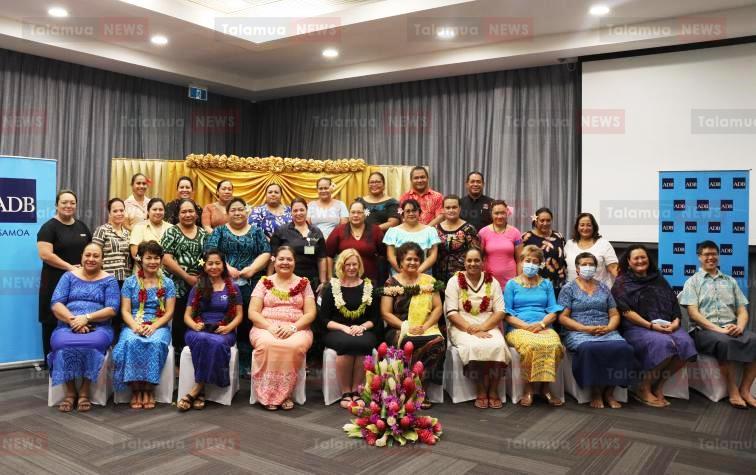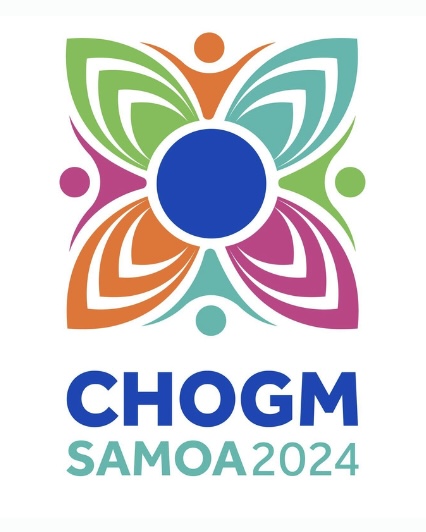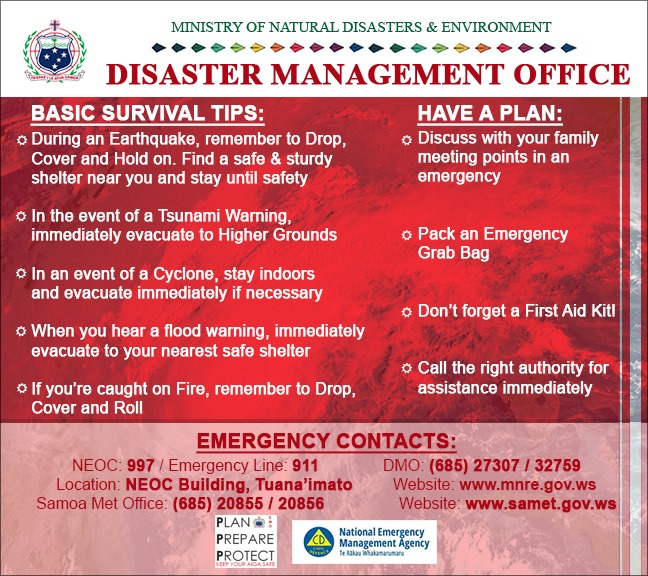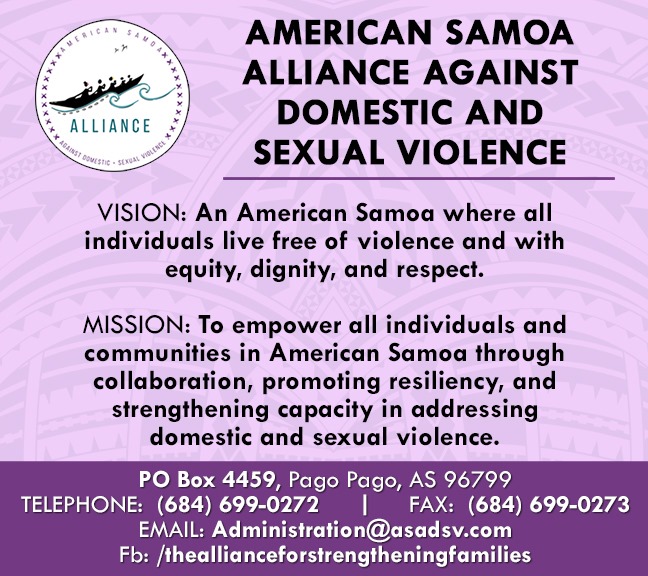Business
More Women in Samoa Business Leadership – A respond to “Challenges of Today”

Source: Asian Development Bank
APIA, SAMOA – “Increasing the proportion of women in business leadership in Samoa would deliver the best outcomes for Samoan organizations and ensure they respond to the “challenges of today”.
This was the message that came through last weeks’ launch event for the Pacific Private Sector Development Initiative’s (PSDI) Leadership Matters study.
More than 30 representatives of Samoan government ministries, state-owned enterprises, private-sector companies, and non-government organizations convened at Apia’s Taumeasina Island Resort on July 7 2022 to launch Leadership Matters, and discuss ways to support women in business leadership.
PSDI’s Leadership Matters: Benchmarking Women in Business Leadership in the Pacific report collected and analyzed women’s business leadership data across the Asian Development Bank’s (ADB) 14 Pacific developing member countries (DMCs), establishing a baseline for women’s representation in senior business leadership, and comparing these findings to global averages.
Leadership Matters sampled 22 organizations in Samoa and found that 25% of Chief Executive Officers (CEOs) and 33% of Board Directors were women. This was higher than the global average of 4% and 17% respectively, and the Pacific average of 13% and 21% respectively. Likewise, 19% of sampled board chairs in Samoa were women—higher than the 11% regional average and 5% global average. This placed Samoa among the Pacific’s best performers for the representation of women in senior business leadership.
At the event, Australian High Commissioner to Samoa HE Emily Luck gave the opening address, acknowledging Samoa’s strong track record in this space.
“While there’s always room for improvement, we need to pause and acknowledge what an incredible achievement this is for the people of Samoa,” Ms Luck said.

Samoa is among the Pacific’s best performers for the representation of women in business leadership.
The keynote address from the CEO of Samoa Ministry of Finance, Saoleititi Maeva Betham-Vaai gave recognition to Samoa’s current Prime Minister, Minister of Finance, Central Bank Governor, and Ministry of Finance CEO—all of whom are women.
“Women in leadership is not just about representation or fairness and equity, it’s about delivering the best outcomes,” Ms Betham-Vaai said. “Diverse organizations have a greater capacity to understand their customers and workforce, and respond in new ways to the challenges of today.”

Samoa Ministry of Finance CEO Saoleititi Maeva Betham-Vaai gave the event’s keynote address.
The addresses were followed by a roundtable discussion including Samoa Institute of Directors CEO, Funemalafai Ono Fuatai, SkyEye Pacific Chief Operating Officer, Taimaaiono Agnes Kerslake, and OSM Consultants Director Shorley Mariner.
Ms Kerslake said Samoan businesses needed to make their working environments for women as safe as possible, while Samoan parents needed to encourage their daughters to reach for the top in business and fulfill their potential.
“We are so versatile and resourceful and useful that everyone depends on us to hold it together,” Ms Kerslake said. “When you’re holding it together, you can’t be at the top, the head … we self-sacrifice our own opportunities.”
Ms Mariner said OSM Consultants had adopted flexible working arrangements with its workers in order to alleviate potential gender bias or sexism in recruitment, enabling more women to kick career goals and assume leadership roles.
“All the young ladies, married or not, they all get the same opportunity as the male engineers,” Ms Mariner said. “They’re given the opportunity to work from home, look after their young children, and still meet deadlines and deliverables.”
Ms Fuatai said constant work was required to keep the representation of women in business leadership in Samoa at its current level, and to create gender parity in business leadership.
“I always encourage women to apply, apply, apply,” Ms Fuatai said. “Strong women in business always apply, because they feel they’re ready to take the step up.”

Women business leaders are proven to have a positive effect on company performance, productivity, and profitability.
PSDI is an ADB technical assistance program in partnership with the governments of Australia and New Zealand. It supports ADB’s 14 Pacific DMCs to improve the enabling environment for business and to achieve inclusive, private sector-led economic growth, including through reforms designed to enhance the economic empowerment of women.























